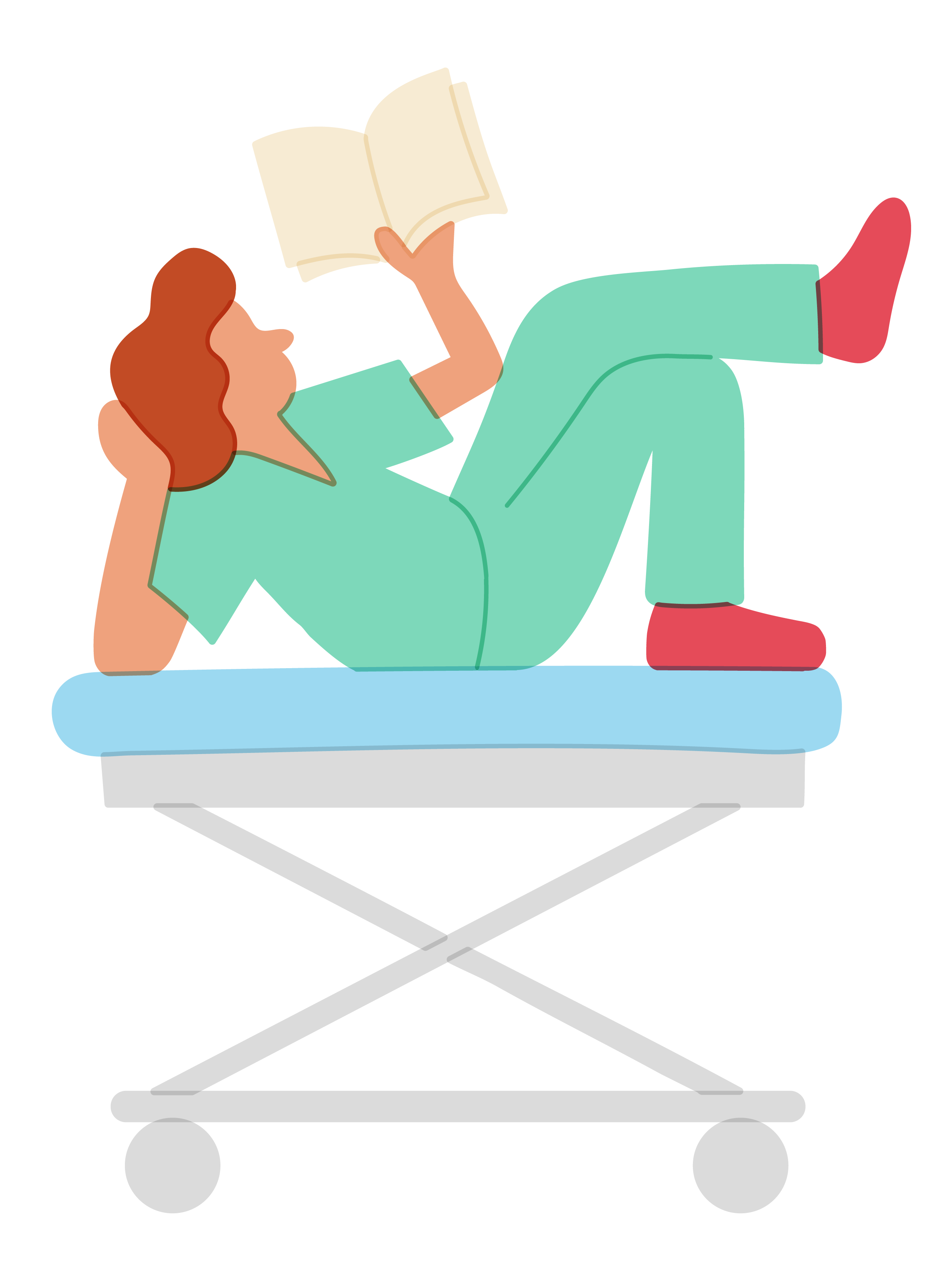With med school application season in full swing, and secondaries being submitted, let's talk a bit about the medical school interview! It's what we all hope for--that email or phone call letting us now we've moved on from an incredibly large pool of applicants to a much smaller one.
With an interview in hand, your chances of being accepted increase exponentially. Let's start with the basics.
What to wear:
- Look professional and neat. Consider dark, dressy bottoms and blazer, with a light-colored shirt and perhaps a tie.
- Pick out clothes you'll be comfortable wearing. If you are not comfortable, interviewers will likely pick up in that in your body language.
- Expressing your unique style is okay, but in general it is better to err on the conservative side. You may consider leaving off facial piercings for the day, as these can be distracting.
Preparing for the Medical School Interview:
- Schedule your interview as soon as possible!
- Be ready to show why this school is the right place for you. Make sure you are familiar with the school's teaching and testing style.
- Review your personal statement, application, and secondaries. Print out a copy so you can have it on hand for review during interview day.
- Visit Studentdoctor.net to see other applicants' feedback about interview day.
Interview Day:
- Try to relax. Everybody wants you to do well in this process--no one is out to get you.
- Engage while being direct and thorough.
- Be aware of your posture and body language and what that conveys.
- Don't forget to smile!
- Bring breath mints! You can use these to freshen up throughout the day.
- Talk to as many current students as possible. They will give you the best insight into the school and what it's like to attend.
Common Interview questions:
- Why do you want to be a doctor?
- Why medicine over another career in the health profession?
- How do you think the medical profession will change over the next 15 years, and how do you envision yourself fitting into these changes?
- Is it ever okay for a physician to lie to a patient or the patient's family?
In Part II, we'll talk a bit more about different interview formats!

Comments